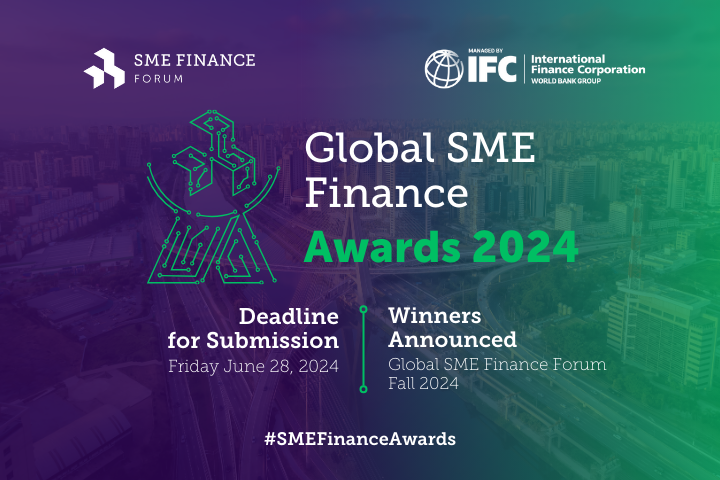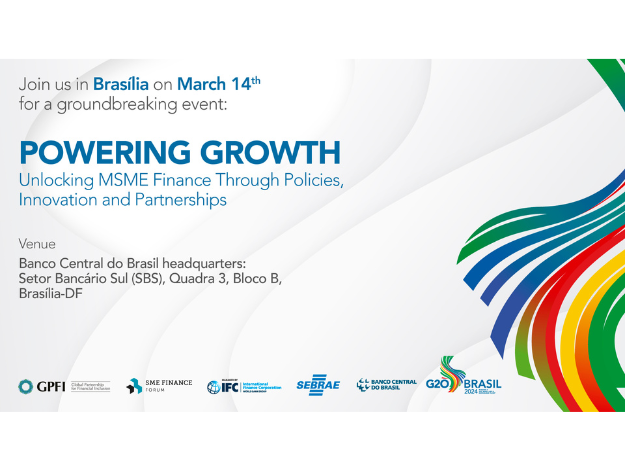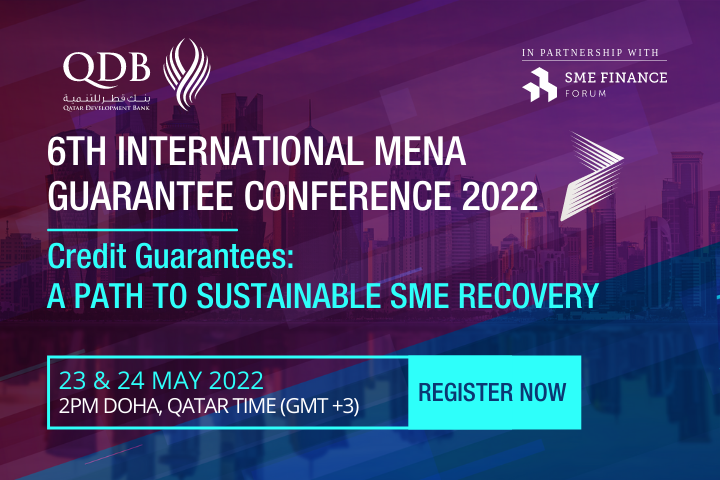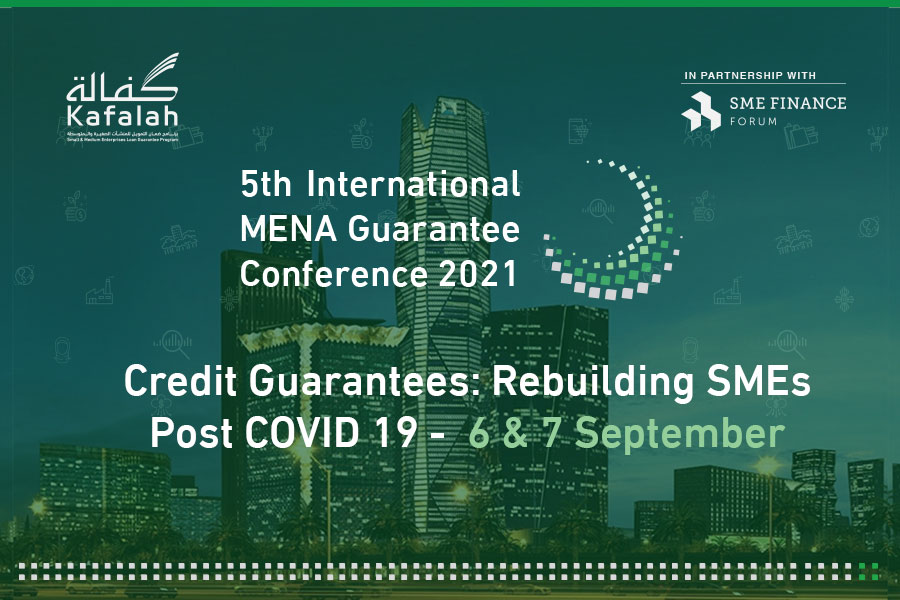Our events
Virtual Roundtable Series on COVID-19 Mitigation Efforts #25 - The Evolving Role of Credit Guarantees – from Crisis to Recovery
DOWNLOAD PDF, 311.46 KB
04 February 2021
Time:
to
EDT
( GMT
)
13 : 00
14 : 30
-04:00
Convert
-04:00
Online

By invitation only
At the beginning of the COVID-19 pandemic, many SMEs encountered liquidity problems. To address SMEs’ liquidity concerns, numerous relief measures have been implemented by governments and credit guarantee institutions worldwide. Subsidized interest rates, moratoriums on loan repayments, deferments of tax payments, wage subsidies, and guarantees are a few of the measures put in place to help the SMEs. Given the prolonged health crisis and the highly uncertain economic outlook, credit guarantee programs are likely to play an even more critical role in supporting SMEs’ eventual recovery.
On Thursday, February 4th, 2021, at 8 a.m. EST, we will hear from executives at AECM, the European Association of Guarantee Institutions; Kafalah, a loan guarantee program in Saudi Arabia; the Korea Credit Guarantee Fund (KODIT); and, Kredi Garanti Fonu (KGF), each of which will discuss the risks they see ahead and the adjustments their institutions have made as a result of the COVID-19 pandemic.
This will be the second roundtable in this series dedicated to the role of credit guarantees. The first roundtable “Risk Sharing in the Biggest Crisis Ever” took place on April 23, 2020. A summary of that discussion is available here.
What you will learn about
• What adjustments are credit guarantee institutions making?
• What risks do they see ahead?
• Do credit guarantee institutions see any long-term implications resulting from the COVID-19 pandemic?
• How are they helping the financial sector distinguish between businesses that are temporary or permanently damaged by COVID-19?
• How did the relationship between the credit guarantee institutions and other parts of their governments changed?
Host & Moderator: Matthew Gamser, CEO, SME Finance Forum
Speakers
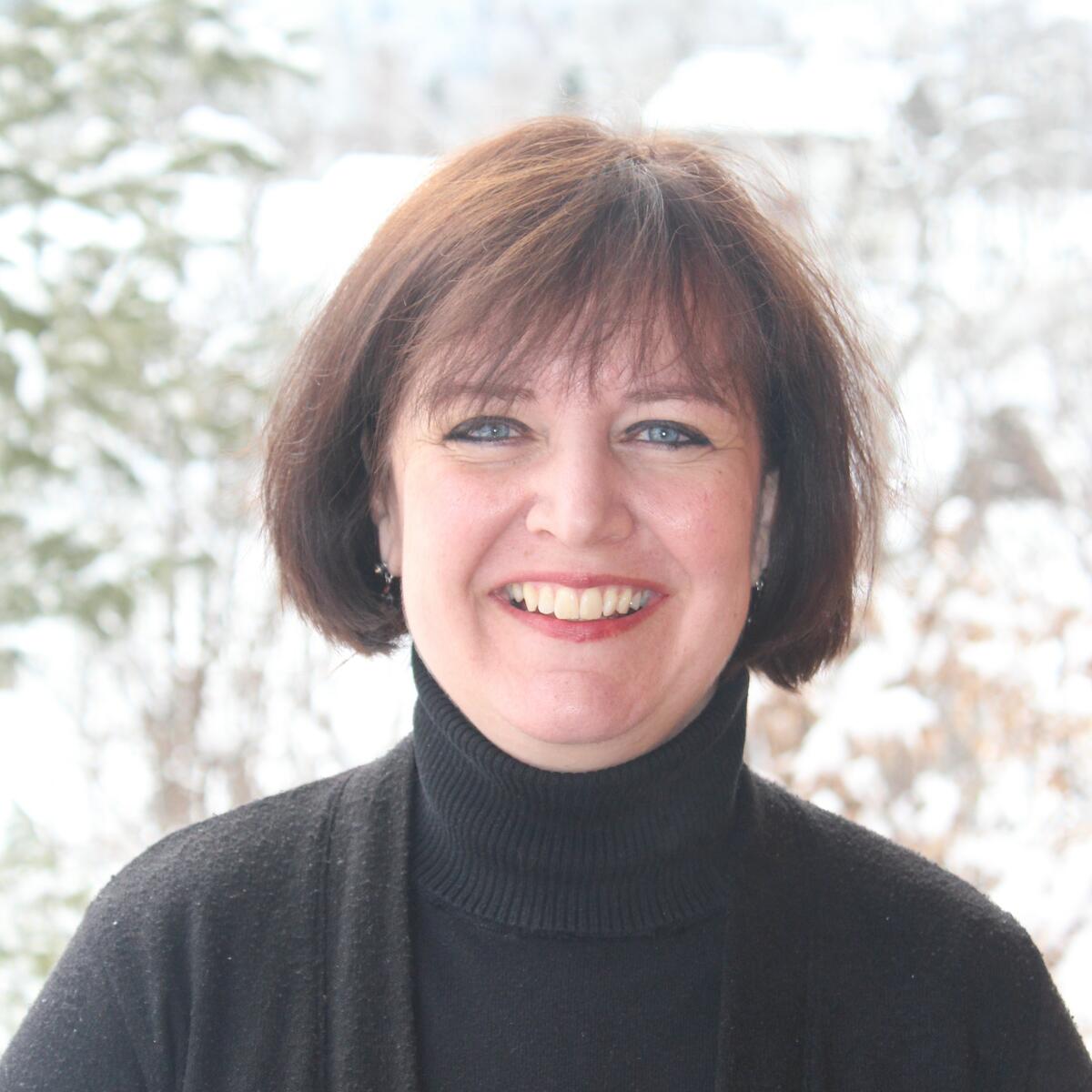 Katrin Sturm has joined AECM, the European Association of Guarantee Institutions which has 47 members from 30 countries in Europe, as Secretary General in November 2013. Katrin started working in Brussels in May 2001. Prior to AECM, Katrin worked for the Confederation of German Employers’ Associations (BDA), for the German Savings Banks Association (DSGV) as well as for the German Confederation of Skilled Crafts and Small Businesses (ZDH) being at the same time the EU Representative of the Association of German Guarantee Banks (VDB). She graduated from the University of Passau (Germany) in Law taking part in an ERASMUS exchange program with the University of Angers (France), then passed the second state exam in law in Potsdam (Germany), and finally acquired a Master of Law from the University of Aberdeen (Scotland) taking part in an exchange program with the University of Cape Town (South Africa). Katrin, a German national, is a qualified bank clerk and Honorary Consultant of Taiwan SMEG, a credit guarantee institution specialized in supporting SMEs in Taiwan in getting access to finance. She is married and has three children.
Katrin Sturm has joined AECM, the European Association of Guarantee Institutions which has 47 members from 30 countries in Europe, as Secretary General in November 2013. Katrin started working in Brussels in May 2001. Prior to AECM, Katrin worked for the Confederation of German Employers’ Associations (BDA), for the German Savings Banks Association (DSGV) as well as for the German Confederation of Skilled Crafts and Small Businesses (ZDH) being at the same time the EU Representative of the Association of German Guarantee Banks (VDB). She graduated from the University of Passau (Germany) in Law taking part in an ERASMUS exchange program with the University of Angers (France), then passed the second state exam in law in Potsdam (Germany), and finally acquired a Master of Law from the University of Aberdeen (Scotland) taking part in an exchange program with the University of Cape Town (South Africa). Katrin, a German national, is a qualified bank clerk and Honorary Consultant of Taiwan SMEG, a credit guarantee institution specialized in supporting SMEs in Taiwan in getting access to finance. She is married and has three children.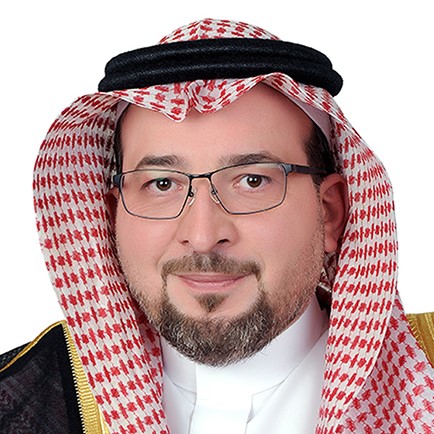 Homam Hashem joined Kafalah as General Director of Kafalah-loan guarantee program in December 2017. Homam has over 25 years of experience in the financial sector & financial-consulting services. Homam joined Kafalah and worked on re-engineering the operations, developing new products and expanding the network of beneficiaries of the program. Mr. Hashem has a successful tracking record of managing a risky portfolio and converting opportunities to profit. Also, he supervised areas like consumer financing, SME’s lending, commercial financing, real-estate mortgagees, credit card, auto-leasing, and automation project. Homam has managed several strategic Artificial Intelligent and scoring projects that helped in automating the credit decision and published multiple articles on this subject. Mr. Hashem has worked as VISA International risk advisor representing the Middle East and North Africa region. He is holding a bachelor’s degree in management information system from (KFUPM) and a diplomat in financial engineering from (IPA) He is married and has an inspiring film maker Son.
Homam Hashem joined Kafalah as General Director of Kafalah-loan guarantee program in December 2017. Homam has over 25 years of experience in the financial sector & financial-consulting services. Homam joined Kafalah and worked on re-engineering the operations, developing new products and expanding the network of beneficiaries of the program. Mr. Hashem has a successful tracking record of managing a risky portfolio and converting opportunities to profit. Also, he supervised areas like consumer financing, SME’s lending, commercial financing, real-estate mortgagees, credit card, auto-leasing, and automation project. Homam has managed several strategic Artificial Intelligent and scoring projects that helped in automating the credit decision and published multiple articles on this subject. Mr. Hashem has worked as VISA International risk advisor representing the Middle East and North Africa region. He is holding a bachelor’s degree in management information system from (KFUPM) and a diplomat in financial engineering from (IPA) He is married and has an inspiring film maker Son. 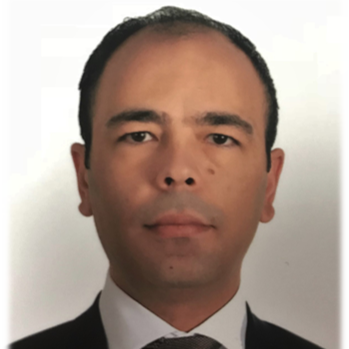 Mahmut Sahin is the Deputy Division Manager, Corporate Communication and Product Management at Kredi Garanti Fonu (KGF). He has an undergraduate degree in the field of Business Administration at Hacettepe University. He has 9 years of banking sector experience at Halkbank HQ Departments. After serving in Foreign Operations Department at Halkbank he has been working as Deputy Division Manager at Kredi Garanti Fonu since 2016.
Mahmut Sahin is the Deputy Division Manager, Corporate Communication and Product Management at Kredi Garanti Fonu (KGF). He has an undergraduate degree in the field of Business Administration at Hacettepe University. He has 9 years of banking sector experience at Halkbank HQ Departments. After serving in Foreign Operations Department at Halkbank he has been working as Deputy Division Manager at Kredi Garanti Fonu since 2016.  Min-ki Jeon is a manager of International Affairs Team in Korea Credit Guarantee Fund (KODIT). For over six years, he has been in charge of credit guarantee assessment for small and medium-sized enterprises and debt collection at the KODIT after he graduated from Sungkyunkwan University with a bachelor’s degree in Economics. With frontline experiences and deep insights in credit guarantee supply, he is participating in sharing views about credit guarantee system with many credit institutions around the globe.
Min-ki Jeon is a manager of International Affairs Team in Korea Credit Guarantee Fund (KODIT). For over six years, he has been in charge of credit guarantee assessment for small and medium-sized enterprises and debt collection at the KODIT after he graduated from Sungkyunkwan University with a bachelor’s degree in Economics. With frontline experiences and deep insights in credit guarantee supply, he is participating in sharing views about credit guarantee system with many credit institutions around the globe.
Extra Time with Speakers!
Want to learn more about an institution or speak directly with a panelist from the roundtable? Join our new Roundtable - Extra Time! This is 30-minute breakout session with one of the presenters from the roundtable. Microphones will be unmuted, and participants can speak more conversationally, and ask direct questions to the presenters. Each session will be chaired by a SME Finance Forum moderator.
About COVID-19 Roundtable Series
In times of crisis, accurate and timely information is key. Sharing knowledge and practical experience are proven forms of investment that pave the path to success. With the purpose of helping our members build their own knowledge advantage, the SME Finance Forum facilitates activities and learning opportunities with the strategic approach of collecting and disseminating the best practices, while connecting SME finance experts and practitioners within our global network. Starting in late March, the Forum hosts weekly virtual roundtable sessions focusing on mitigation efforts used to cope with COVID-19, sharing those experiences in a continuous and real-time basis. Learn more>




